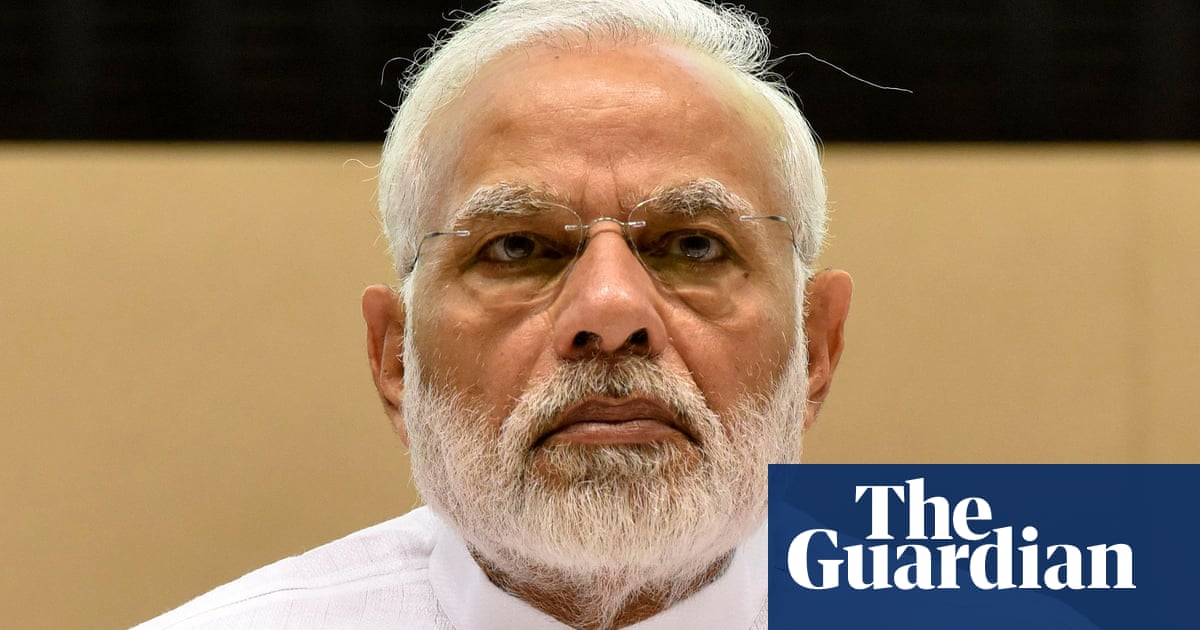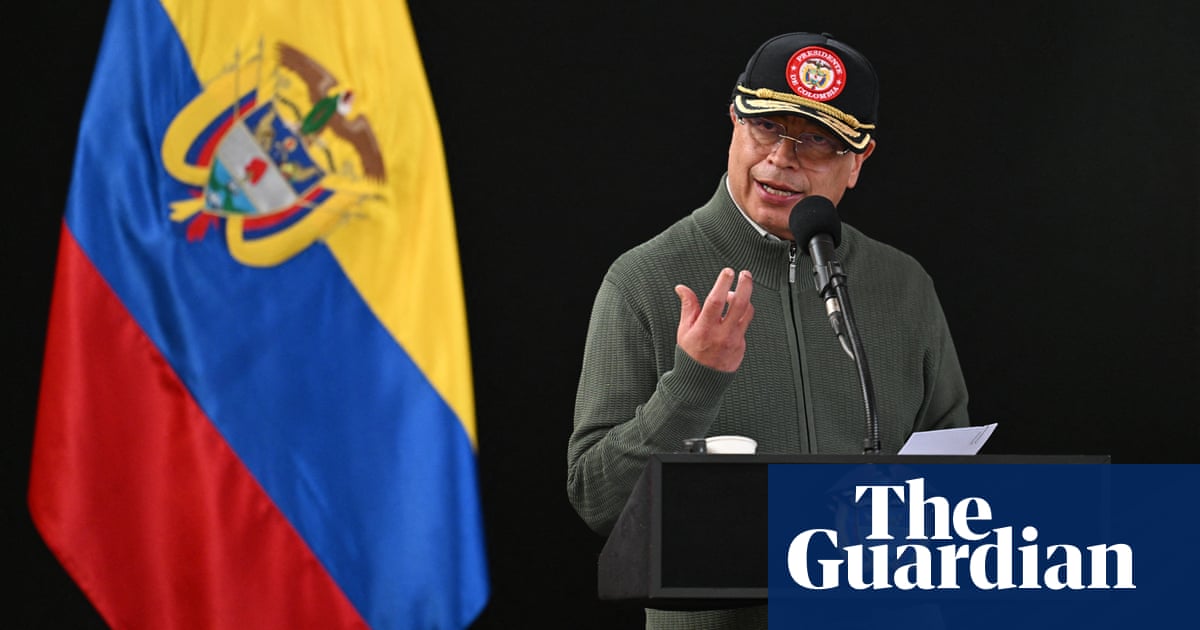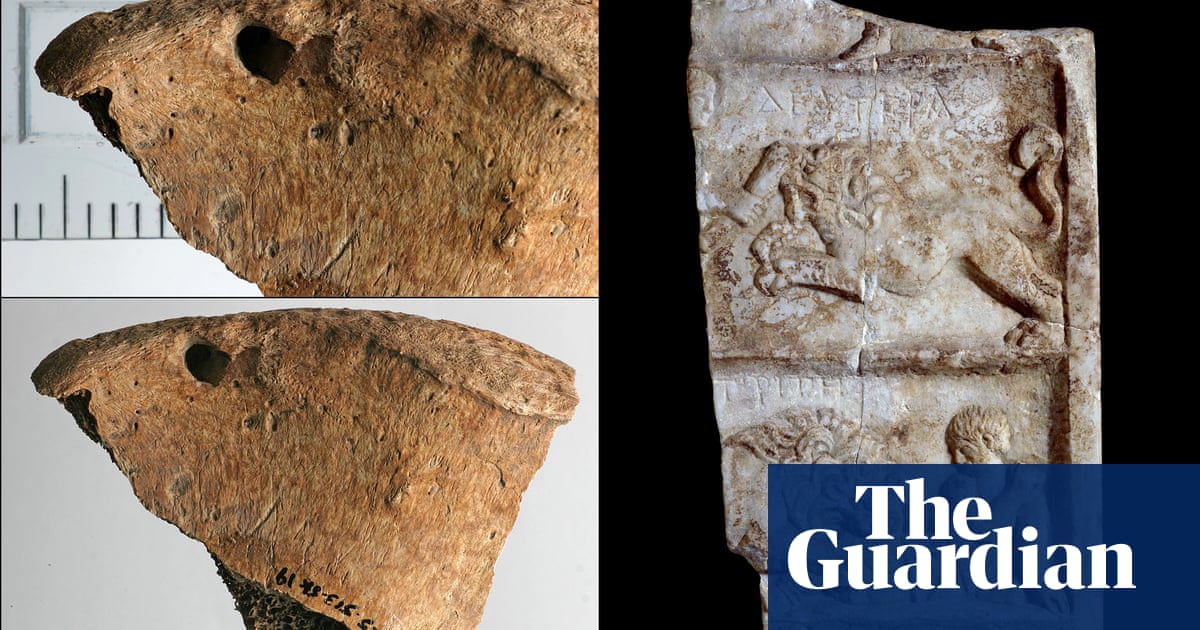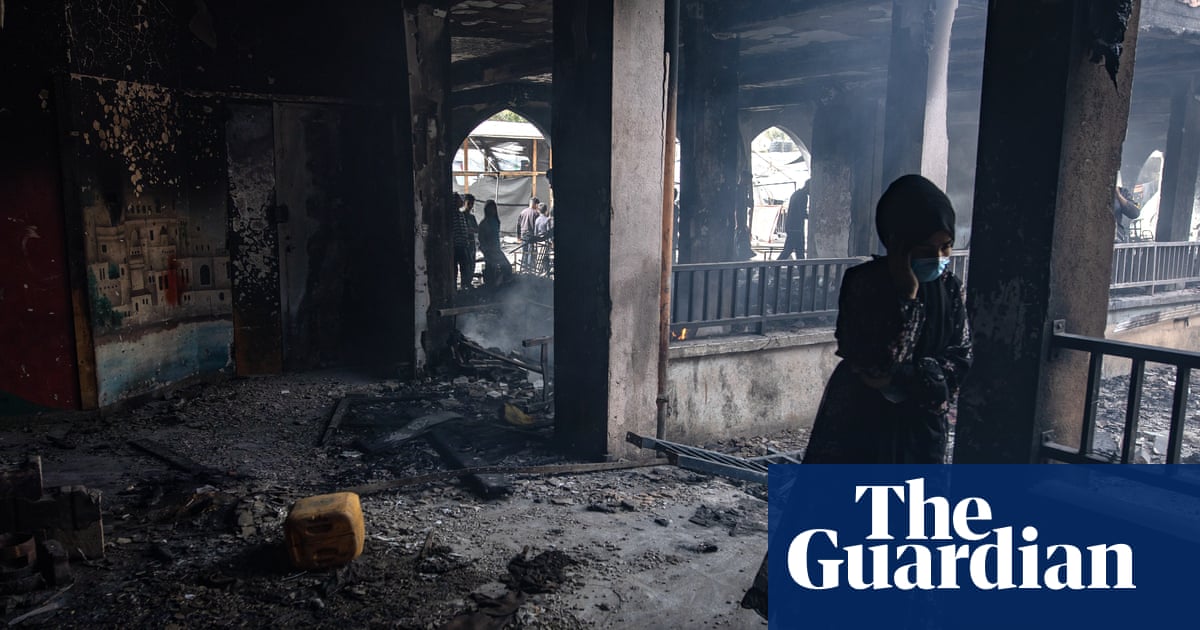Donald Trump’s proposal to expel all 2 million or more Palestinians from Gaza is so mind-bogglingly outrageous that it seems designed to stun us into paralyzed acquiescence. It is the latest example of the US president’s tendency to normalize the unthinkable, to bring ideas that were rightly considered beyond the pale and force them into the realm of policy discussion. Yet there are plenty of reasons to overcome our shock and reject this appalling scheme.
It does have its supporters. The Israeli far right is salivating at the proposition. It has long sought to “solve” the Palestinian problem by getting rid of the Palestinians. No wonder Benjamin Netanyahu, sitting next to Trump during their White House press conference, could barely contain his glee.
Moreover, Gaza in all likelihood would be only a first step. If such ethnic cleansing ever became acceptable, the occupied West Bank and East Jerusalem would surely follow. Even the so-called Arab population of Israel might not be exempt. Far from the “Free Palestine” chants that are heard these days on college campuses, the area from the Mediterranean Sea to the Jordan River might become Palestinian-free. That would allow Israel finally to accomplish its goal of being both a Jewish state and a democracy.
Lest we forget, forcibly removing people en masse from their homeland is a war crime and a crime against humanity. It would invite charges by the international criminal court. It would flout the recent judgment by the international court of justice upholding Palestinians’ right to self-determination. It is something that no democratic leader should countenance, but Trump is, obviously, no ordinary leader.
Trump tried to dress up his proposal as an act of benevolence, noting the devastation of Gaza and the dangers of unexploded ordinance. But that destruction was primarily the result of Israel’s indiscriminate and disproportionate attacks on Palestinian residences and neighborhoods. Such war crimes, and arguably genocide, are not rectified by another huge war crime.
Moreover, Trump was not proposing a brief interim relocation while reconstruction proceeds. He envisioned Palestinians’ permanent displacement: another Nakba. Secretary of state Marco Rubio tried to walk that back, suggesting that Trump meant the displacement to be only temporary, but that’s not what Trump said. Instead, he envisions building the “Riviera of the Middle East” and then repopulating Gaza with the “citizens of the world”, by which he clearly means anyone but Palestinians.
Rubio called Trump’s plan “very generous”, but few Palestinians would see it that way. It is as if someone would reduce Trump’s Mar-a-Lago residence to rubble and then “generously” offer to rebuild it on the condition that Trump never return.
Trump wants Jordan and Egypt to take the Palestinians, but they both understandably dismiss the idea. Quite apart from not wanting to be complicit in such an enormous crime, they have their own reasons. More than half of Jordanians are of Palestinian descent – a source of demographic sensitivity for the country’s Hashemite rulers – and the Jordanian government has long rejected arguments that it could become “Palestine” while Israel emptied the occupied territory of Palestinians. Meanwhile, Egypt fears that a large influx of Palestinians would burden its already-sputtering economy and reignite a simmering insurgency in the northern Sinai.
Trump’s plan, of course, begs the question: why not Israel? More than 80% of the Palestinians in Gaza are refugees, their families having been forced from their homes in what is now Israel during its 1948 war of independence. Why should they be forced to move to foreign countries rather than allowed to return to their ancestral homes? Indeed, Israel does not allow most Gaza residents to move to even the West Bank or East Jerusalem – a key element of the apartheid that it maintains in the occupied territory.
Or for that matter, why not the United States? It is far wealthier, much bigger, and better able to resettle Palestinian refugees, but that would run counter to Trump’s anti-immigrant fixation.
Who will pay for the billions upon billions of dollars required to rebuild Gaza? It should be Israel as a matter of reparations, but no one is holding their breath for that. As Trump cuts US foreign aid commitments, he seems to hope that the Arab Gulf states would pick up the tab, but why would they rebuild this Palestinian enclave without Palestinians? And why would their publics, even given the severe restrictions on freedom of expression under the Gulf monarchies, countenance investment in a real estate project on what they rightly see as a central part of the Palestinian homeland?
Trump’s plan clashes with his desire to be a master dealmaker. Trump wants all of the hostages freed, but why would Hamas agree if that were just a prelude to mass deportation for the Palestinian people? Trump hopes to persuade the Saudi government to normalize relations with Israel, but it has insisted on a Palestinian state as a prerequisite, including shortly after Trump’s proposal. Egypt, Jordan and the United Arab Emirates, all key US allies, are also pressing for a state.
If Trump wants to be disruptive, as is his wont, there are more productive ways to proceed. Netanyahu has long refused to countenance a Palestinian state, and he has gotten away with his recalcitrance because he always knew that the US far fight – the pro-Israel Aipac lobby, the Christian evangelical supporters of Israel, and their Republican party allies – would have his back.
But if Trump were to insist on a state, there would be few left in the United States, Israel’s primary benefactor, to whom the Israeli prime minister could turn to second his refusal. He might ultimately have to accept a Palestinian state living side-by-side with an Israeli one as the only just solution to the longstanding conflict. If Trump could pull that off, he might well merit the Nobel peace prize that he has long coveted but felt he was unfairly denied.
-
Kenneth Roth, former executive director of Human Rights Watch (1993-2022), is a visiting professor at Princeton’s School of Public and International Affairs. His book, Righting Wrongs, will be published by Knopf on 25 February

.png) 2 months ago
25
2 months ago
25













































